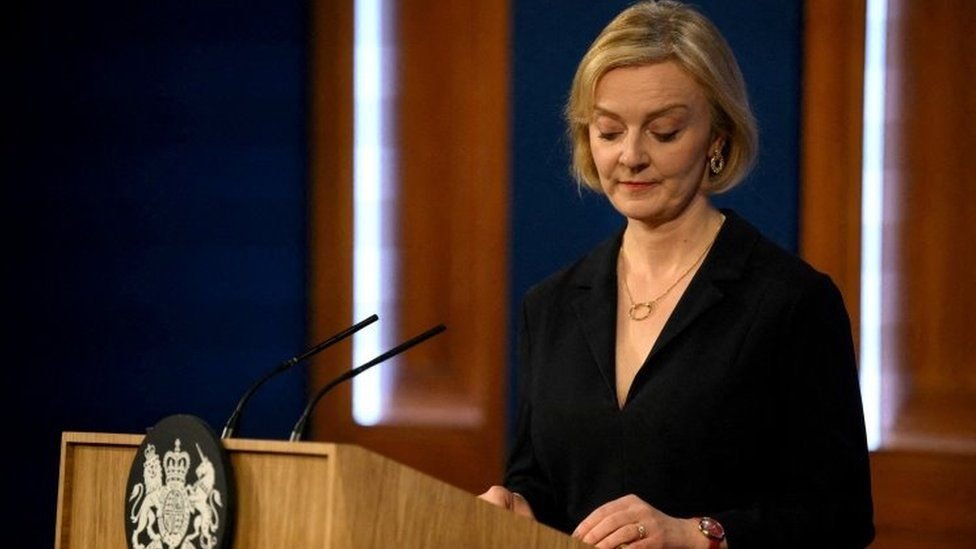Cloud Cuckoo Land
(In which Tim investigates Data Centres. Platitudes himself into a mild eco-frenzy and then talks remediation strategies like someone who has spent probably less than a couple of hours half reading articles on the subject. I like it that way, throwing punches in the dark, masking ignorance with blind certainty. Sorta GenZish..)
Notice how our language can be subverted? Euphemisms abound. Real intent and actions are hidden by innocuous sounding words and phrases.
‘The Cloud’ for instance.
We all know have some shadowy idea that our data sits somewhere in this mysterious thing called The Cloud. TicToc. (what’s this?) Facebook (Hi Granddad!). Emails, pictures and texts. Banking, payments, networks, online shopping, they all flow seamlessly through this transcendental world.
Sounds sort of fluffy, no?
Bullshit, actually. Behind each online transaction lies a very physical, non cumulus world located in vast server factories all over the world and supported by a complex infrastructure of pipes and fibre optic cables, often underwater.
These data centres are vast consumers of energy. As the world becomes more interconnected, as we carelessly scroll through TicTocs of dance routines and cats doing funny things, those naughty websites with adult videos on them (not me), the data centres become inextricably larger and more numerous.
More data. More data centres. More energy needed. Vast energy use.
In these data centres, servers sit row upon row, storing our photos, remembering our transactions, facilitating our messages. This all takes energy. But just as we know that overuse of an iPhone can heat it up, likewise these servers generate heat as they whir away continuously. So they need cooling, lots of it.
More energy use. Much more energy use.
It’s estimated that data centres use upwards of 2% of all our worldwide energy and this is growing exponentially each year. Vast amounts of water are also necessary to keep the cooling systems functional so the servers don’t overheat.
So our picturesquely named ‘The Cloud’ is anything but our fluffy friend. Like steel production - which it is rapidly catching as a major energy user in the world - data centres are a necessary evil. Unavoidable.
Please note, I’m concerned about energy use, consumption and composition - not greenhouse gases. I’ve been concerned for some time that our ability to produce sustainable, secure and economic energy has been sidetracked and compromised by weak governments and strong green lobbyists. The failure to update our nuclear fleet has been a major failure of not just the UK.
The energy use of data centres is frightening as we expand what we put in The Cloud from photos, to scrolling social media videos to new AI applications. All sucking energy. How is this to be sustained? Will our ability to innovate as a species be constrained by our inability to produce enough energy?
Mitigation
Clearly, the major players from Apple, to Google, to Meta, to Amazon, know this. Whilst the visible end of the internet spectrum hides from the general population, governments and business know the dirty secret behind The Cloud.
Mitigation strategies are many and include, localised renewable energy sources, carbon neutral strategies, clever uses of geography (cold areas for cooling for example, or hot areas for solar energy), water based cooling (in the sea for example), optimal server redesign, converting surplus heat into energy.
Many strategies but the rise of connectivity, AI, videos, and businesses moving to Cloud based solutions - for security, cost reduction, future proofing, speed - all contribute to the snowball hurtling down the mountain that is data centres. Best intentions sometimes aren’t enough.
Knowledge is Power?
Knowledge is power. Power, judiciously exercised can lead to change. Peaceful, incremental, beneficial change. The first step is to realise that the internet, our phones, our social media, The Cloud itself, is not cost free. All our actions, cumulated together, are creating a monster of environmental impacts.
Reluctantly, I admit that governments probably have to play a part. Holding the ring, not swinging within. Businesses who use ‘The Cloud’ can play a part by lobbying for cleaner, more efficient data centres, and by informing their customers of the environmental impacts of their data policies. However, I’m wary of ceding power to self certified experts/third parties who often seem to push agendas in the guise of ‘measuring ESG’. Who guards the guardians is a great liberal principle.
Ultimately though, we - the consumers - are also jointly culpable and so individually we must ask, what can I do?
Practical tips for individuals and businesses
For a start, gluing yourself to the road or vandalising works of art are not an option. Grow up! Prison is where you should be and you have no place in rational discussion. GAFJ. *
So, here’s some practical tips to help steady the growth of data centres and reduce the power that they use. It’s interesting what we can do!
Delete emails, keep to inbox zero. It’s good practice anyway, isn’t it?
Don't send unnecessary emails, keep the cc’s low. Go 1980’s on everyone’s ass - be mysterious, untraceable.
Delete photos. Do you really need 28 selfies per night to get that one perfect shot. Bin the dross.
Use Google docs and share them rather than use email (also good for security - we’ve all sent docs to the wrong person!)
Type a website directly into the browser (or click on a URL). Searches use 4 times more energy
Websites: lighter colours are less ‘heavy’, simple pictures are easier to load and use less energy. As universally recognised fonts, Arial and Verdana load faster. Use simple code - don’t overcomplicate things. Check your website’s footprint at Websitecarbon.com
Videos and music on your phone. Download, don’t stream.
Video /social media - disable autoplay
If you’re listening to a song on Youtube, for example, but not watching it, stream or download the song from a music site.
Read books. Slow burn knowledge. Builds resilience and patience and is a good habit.
Quit social media. Conroversial but true. I did it years ago. From my off grid cabin in the wood, reading Appian, I don’t miss it.
It's an interesting list. Every individual plays a part. Each part adds to a whole. The internet is great advance for society, bringing benefits from access to knowledge, to instantaneous communication, fast payments, online shopping, and yes, videos of dogs playing the piano. But there is a downside. Nothing is cost free.
Knowledge of this should dictate behaviour. It won’t but it should. Otherwise demand of services will outstrip supply of energy. Our governments have been criminally negligent sleeping at the wheel whilst mouthing platitudes about solar energy. Yes, I’m back on the nuclear train again. Nuclear? Yes; the way we can safely add base load to meet increasing demand. One for another post !
GAFJ: Get a Fucking Job. @Tim Robson 2024. Fetch.












